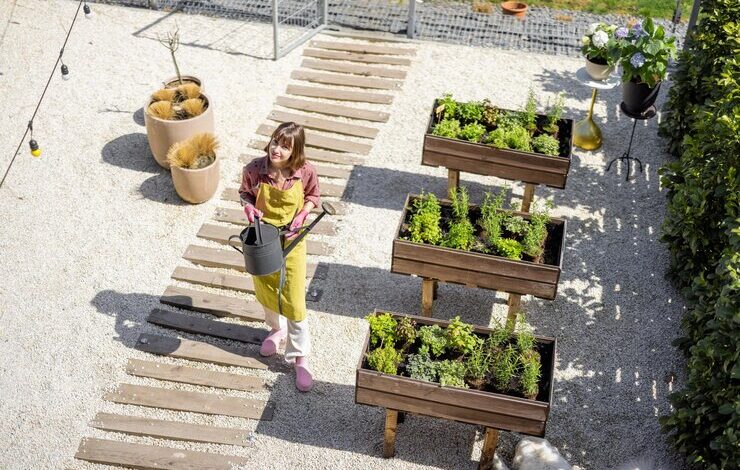How to start a Urban gardening and vertical farming consultancy in South Africa

As the world faces increasing urbanization and a growing demand for sustainable food production, urban gardening and vertical farming have emerged as innovative solutions. South Africa, with its rich agricultural heritage and urban development, presents an excellent opportunity for individuals interested in starting an urban gardening and vertical farming consultancy. This article will provide a step-by-step guide on how to establish and run a successful consultancy in this exciting field.
Step 1: Research and Education To embark on this venture, it is crucial to acquire a comprehensive understanding of urban gardening and vertical farming techniques, technologies, and best practices. Engage in thorough research by reading books, attending workshops, and participating in online courses related to sustainable agriculture, urban horticulture, hydroponics, aquaponics, and other relevant topics. This knowledge will form the foundation of your consultancy’s expertise.
Step 2: Identify Your Target Market Determine the specific niche or market segment you wish to target within urban gardening and vertical farming consultancy. South Africa offers various opportunities, including assisting urban homeowners, commercial enterprises, schools, and community organizations in establishing and maintaining their own gardens or vertical farming systems.
Step 3: Develop a Business Plan Crafting a well-defined business plan is crucial to establish your consultancy’s roadmap to success. Outline your mission, vision, and goals. Identify the services you will offer, such as feasibility studies, system design, installation, maintenance, and training. Conduct a thorough analysis of the market, including competitors, potential clients, and pricing strategies. Define your marketing and sales strategies and project your financial forecasts.
Step 4: Establish Legal and Administrative Requirements Ensure that your consultancy complies with all legal and administrative requirements. Register your business with the appropriate authorities, obtain any necessary licenses or permits, and consider liability insurance to protect your consultancy and clients. Familiarize yourself with tax regulations and any applicable environmental guidelines or certifications.
Step 5: Build Your Network and Partnerships Network with individuals and organizations involved in sustainable agriculture, gardening associations, and local businesses. Establish partnerships with suppliers of gardening equipment, seeds, and nutrient solutions. Collaborate with universities or research institutions to stay updated on the latest advancements in urban gardening and vertical farming.
Step 6: Develop an Online Presence Create a professional website that showcases your expertise, services, and success stories. Utilize social media platforms to share educational content, tips, and updates. Engage with your audience, respond to inquiries promptly, and build an online community interested in sustainable agriculture.
Step 7: Offer Consultation Services Start by offering consultancy services to your target market. Conduct site visits, assess the clients’ needs, and provide tailored recommendations. Help them design and implement sustainable gardening or vertical farming systems, guiding them through the process and offering ongoing support. Ensure your services are comprehensive, including advice on plant selection, irrigation systems, lighting, and nutrient management.
Step 8: Expand Your Reach As your consultancy gains traction, consider expanding your services and market reach. Develop training programs for aspiring urban gardeners and vertical farmers. Organize workshops, webinars, and educational events to share your knowledge and expertise with a broader audience. Explore collaborations with schools, community centers, or government initiatives to promote sustainable agriculture in urban areas.
Starting an urban gardening and vertical farming consultancy in South Africa presents a unique opportunity to contribute to sustainable food production and improve the quality of urban environments. By following these steps and continually expanding your knowledge and network, you can establish a successful consultancy that provides valuable guidance and support to individuals and organizations looking to embrace sustainable agriculture practices. With dedication, passion, and innovation, you can make a meaningful difference in the future of urban food production in South Africa.




